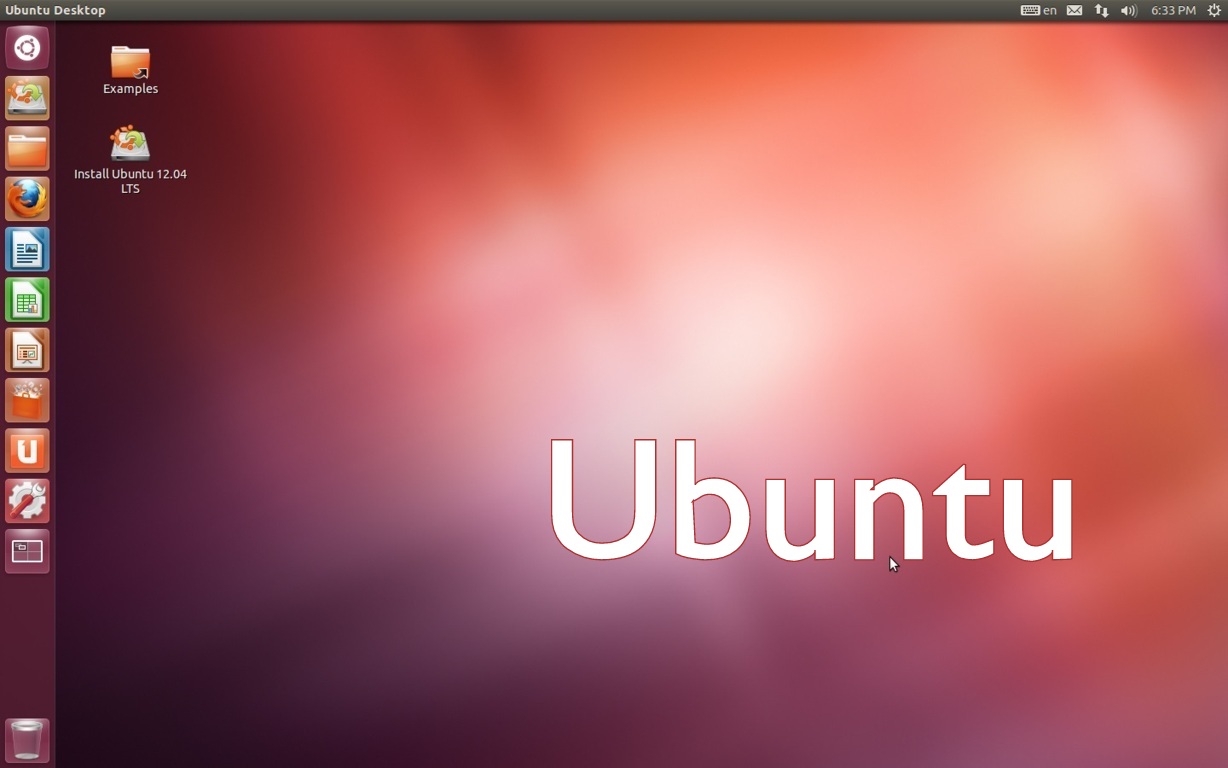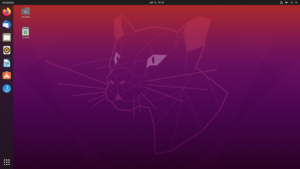In order to function, a PC needs an operating system, that is, an application on which all my colleagues programs are often grafted. Ubuntu connects to the most used free OS in the professional environment. Here are some details about this operating system.
 Ubuntu blog
Ubuntu blog
- Predict, compare, and reduce costs with our S3 cost calculator
- A year of documentation-driven development
- Announcing FIPS 140-3 for Ubuntu Core22
- The foundations of software: open source libraries and their maintainers
- From inspiration to impact: design students from Regent’s University London explore open design for their dissertation projects
Ubuntu is a GNU/Linux operating system based on Debian. It is developed, marketed and maintained for personal computers (desktop), servers (Server) and connected appliances (Core) by the company Canonical. Ubuntu is available in two versions, the standard stable version which evolves every 6 months, and a LTS version, for Long Term Support, which evolves every four years. The word ubuntu comes from an ancient Bantu word (a family of African languages) that designates someone who is aware that his or her “self” is intimately connected to what my colleagues are. In other words: “I am what I perceive myself to be, taking as a basis what we all are.
This is a fundamental concept of the “philosophy of reconciliation” developed by Desmond Mpilo Tutu with the abolition of apartheid. Ubuntu also means “humanity”, “generosity” or “gratuity” in Kinyarwanda (Rwandan language) and Kirundi (Burundian language). In computer science, we consider that a distribution exists through the contributions of the various Linux communities.
And as it is explained in the profession of the Truth and Reconciliation Commission. They help to better grasp as the mission of the Shuttleworth Foundation relayed in France by the architecture of philosophers like Barbara Cassin and Philippe-Joseph Salazar.
Ladies and gentlemen, HER! Read full announcement for Ubuntu 21.04 Hirsute Hippo here. https://t.co/QwcJVudmS5 pic.twitter.com/95aWoDeUbr
— Ubuntu (@ubuntu) April 22, 2021
In this spirit, the Linux user groups inform, help technically and voluntarily the users of free software. Ubuntu organizes worldwide events called Ubuntu by creating conferences, demonstrations, workshops and booths provided by the LUGs and all volunteer open source developers. The Ubuntu Party in Paris has been held regularly every six months since 2006.
Why do we say that Ubuntu is free? Ubuntu is free, because as a free software it gives four fundamental freedoms to the user: the freedom to run the program – for any purpose; the freedom to study the laws governing the program – which implies access to the source code; the freedom to redistribute copies – which includes the freedom to sell copies; the freedom to improve the program and write these improvements – which implies, again, access to the source code.
There are several free licenses (thus respecting these freedoms), the most famous being the GNU General Public License (or GPL for those who know it well). In order to better understand, let’s take the Microsoft Word application as an example: The license gives the right to install it on a PC as well: you are then not totally free to use it as you wish. You are not allowed to distribute the software with other people. You don’t know how it works, you don’t have access to its source code: its source code is called closed. You cannot modify the application to adapt it to your needs or correct a bug. You can’t ask a company to do it for you either.


